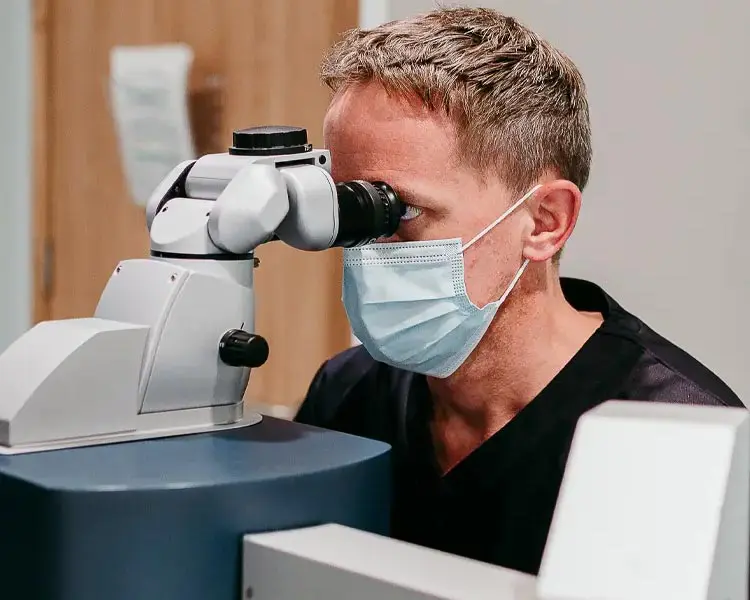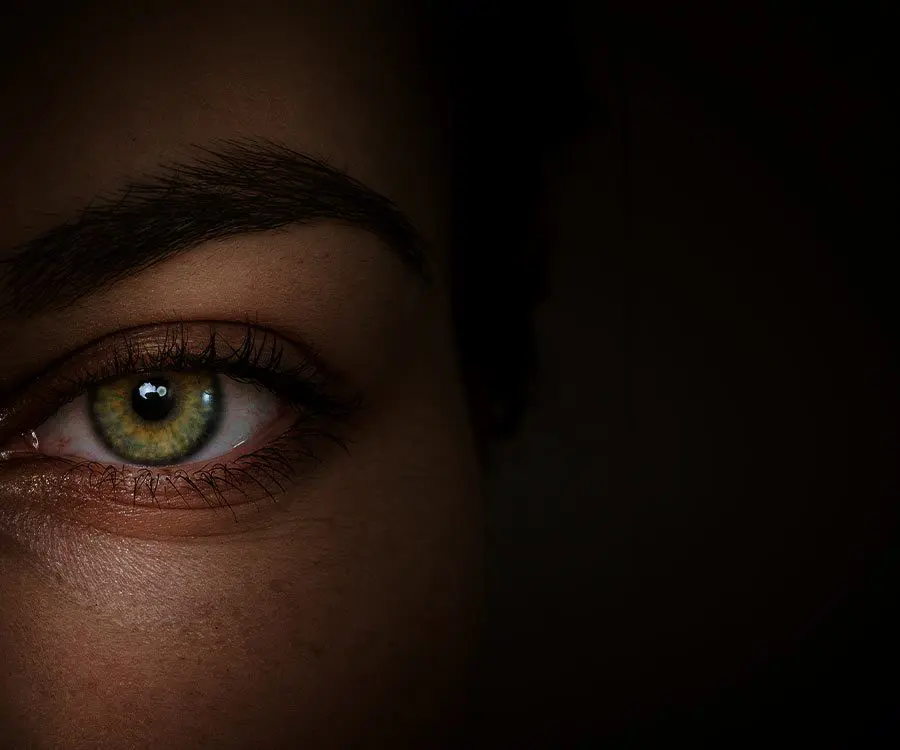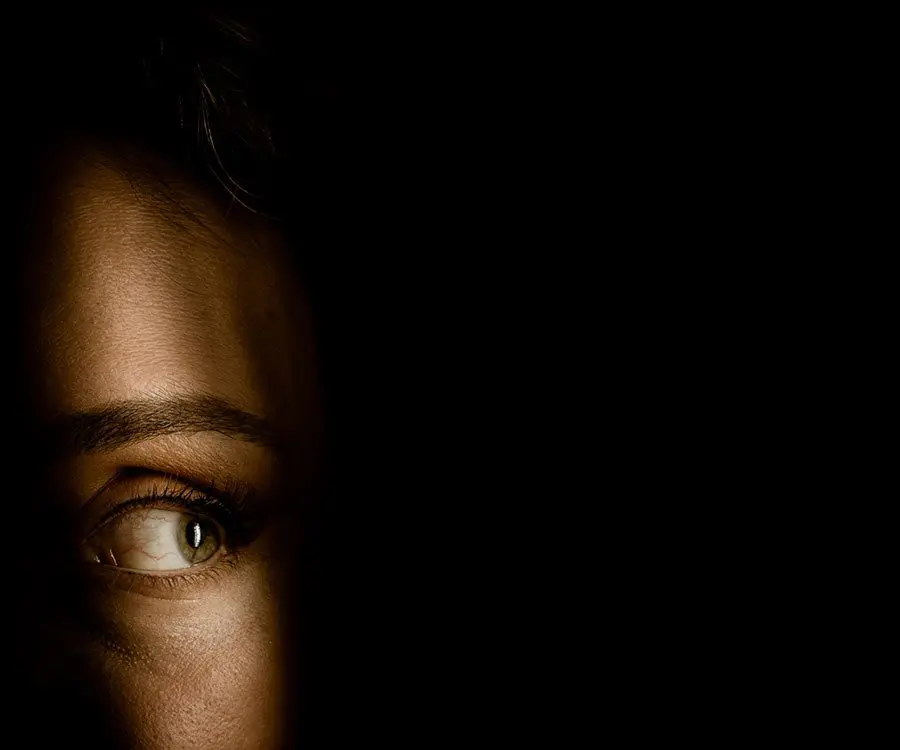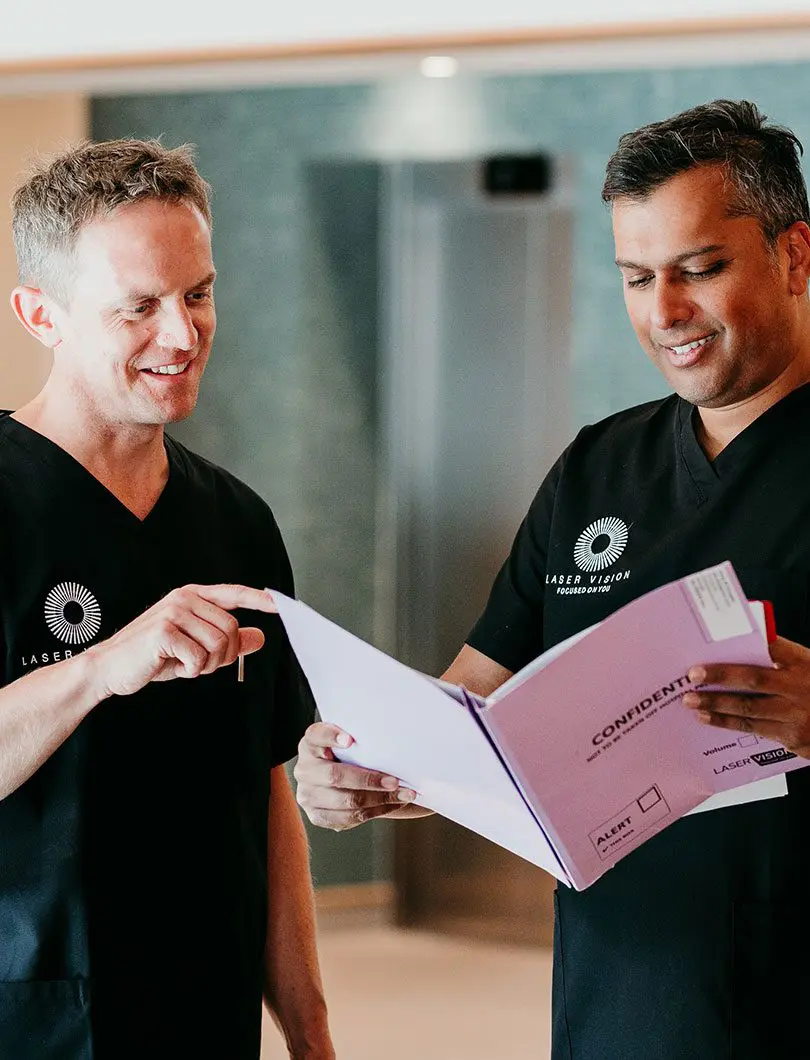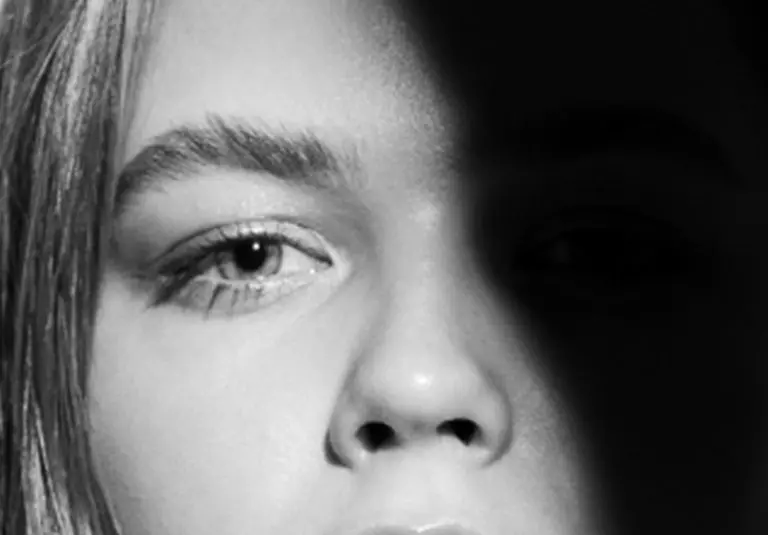- Corneal Surgery

CAIRS

- Treatment

- Corneal Surgery
CAIRS
CAIRS (Corneal Allogenic Intrastromal Ring Segments) is an innovative treatment for keratoconus, offering a minimally invasive approach to reshape the cornea, improving vision and stabilising the disease progression.
What is CAIRS?
CAIRS (Corneal Allogenic Intrastromal Ring Segments) is a treatment for keratoconus, a progressive eye condition where the cornea thins and bulges into a cone shape. CAIRS involves implanting corneal tissue segments from a donor (allogenic) into the patient’s cornea. These segments help to stabilise and reshape the cornea, improving vision and slowing the progression of keratoconus. This procedure is considered minimally invasive and is a promising alternative to synthetic corneal implants, offering better biocompatibility and fewer risks of complications like rejection.


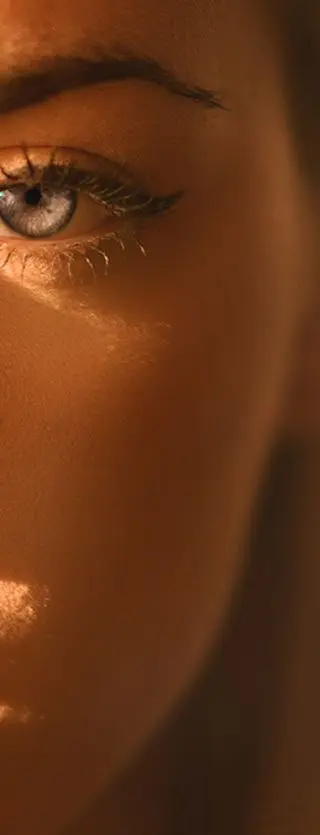
How is it performed?
- 1.The surgeon conducts a thorough eye examination to assess the severity of keratoconus and determine the suitability of the patient for the CAIRS procedure. This includes corneal topography, pachymetry (corneal thickness measurement), and other diagnostics.
- 2.Using a femtosecond laser or a mechanical tool, the surgeon creates precise tunnels within the corneal stroma (the middle layer of the cornea). These tunnels are placed where the allogenic ring segments will be inserted.
- 3.Donor corneal tissue is prepared into thin, ring-shaped segments. These allogenic segments are customised based on the patient’s corneal shape and the degree of keratoconus.
- 4.The allogenic ring segments are carefully inserted into the pre-created corneal tunnels. These segments help to reshape the cornea and provide structural support to stabilise the thinning areas.
- 5.After the procedure, the patient is monitored for proper healing and prescribed medications like antibiotic and anti-inflammatory eye drops to prevent infection and reduce inflammation.
- 6.Follow-up appointments are scheduled to track the progress and evaluate vision improvement or stabilisation.
